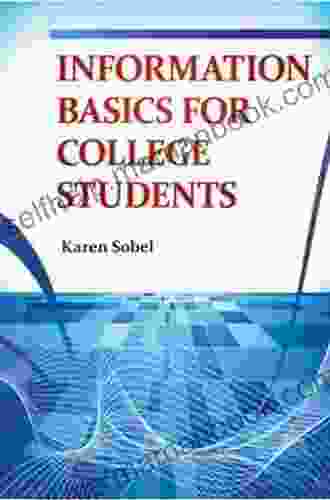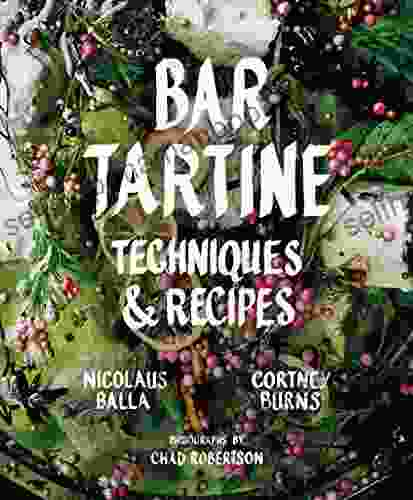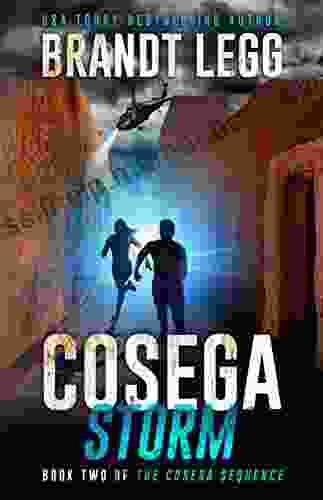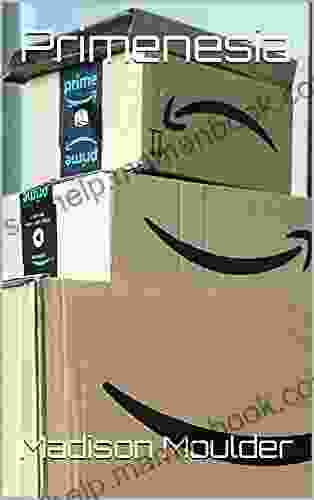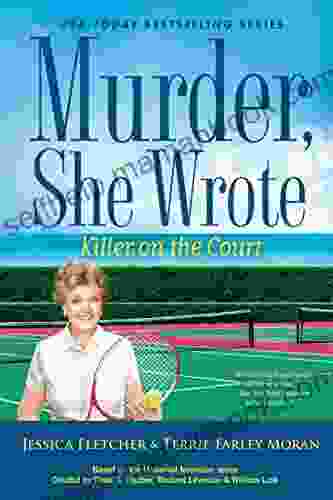Information Basics for College Students: A Comprehensive Guide

College life is a transformative experience filled with academic challenges, new social interactions, and personal growth. Students navigate a vast amount of information from various sources, including professors, textbooks, research papers, and the internet. To succeed academically and beyond, it is crucial for college students to develop a solid foundation in information basics.
What is Information?
Information can be defined as data that has been processed, organized, and presented in a meaningful way. It is essential for decision-making, problem-solving, and critical thinking. In the context of college, information encompasses a wide range of concepts, including:
5 out of 5
| Language | : | English |
| File size | : | 1157 KB |
| Text-to-Speech | : | Enabled |
| Enhanced typesetting | : | Enabled |
| Screen Reader | : | Supported |
| Print length | : | 166 pages |
* Facts and figures * Ideas and theories * Evidence and data * Insights and perspectives
Types of Information
There are numerous types of information, each with its unique characteristics:
* Textual Information: Written or printed words that convey information, such as books, articles, and websites. * Numerical Information: Numbers, statistics, and mathematical equations that provide quantitative data. * Visual Information: Images, charts, graphs, and maps that present information in a visually appealing way. * Audio Information: Spoken words, music, and sound effects that convey information through auditory channels. * Digital Information: Information stored, accessed, and transmitted through electronic devices, such as computers and smartphones.
Sources of Information
College students have access to a wealth of information sources:
* Libraries: Physical or digital spaces that house a vast collection of books, journals, research papers, and other academic resources. * Professors: Experts in their fields who provide lectures, guidance, and personal insights. * Textbooks: Comprehensive books that cover specific subject areas, providing foundational knowledge. * Research Papers: Scholarly articles that present original research findings and insights. * Websites: Online resources that offer a wide range of information, from news and current events to academic databases.
Evaluating Information
Not all information is created equal. Students must critically evaluate the sources of information to ensure its accuracy, reliability, and relevance:
* Authority: Consider the expertise and credibility of the author or organization providing the information. * Bias: Be aware of any potential biases or agendas that may influence the information presented. * Accuracy: Verify the information through multiple sources or seek out independent corroboration. * Currency: Ensure that the information is up-to-date and reflects the latest knowledge and research. * Relevance: Determine if the information is directly related to the topic being researched or investigated.
Finding and Accessing Information
With the abundance of information available, students must develop effective search and retrieval strategies:
* Keywords: Identify the key concepts related to the topic being researched and use them as search terms. * Boolean Operators: Utilize Boolean operators (AND, OR, NOT) to refine search results and exclude irrelevant information. * Databases: Leverage academic databases, such as Google Scholar and JSTOR, to access scholarly journals and research papers. * Interlibrary Loan: Request books or articles that are not available in the local library through interlibrary loan services. * Citing Sources: Properly cite all sources of information to ensure academic integrity and avoid plagiarism.
Organizing and Synthesizing Information
Once information has been gathered, it is essential to organize and synthesize it effectively:
* Note-Taking: Take detailed and organized notes during lectures, readings, and research activities. * Outlining: Create outlines or mind maps to structure and connect different pieces of information. * Summarizing: Write brief summaries that capture the main points of texts or presentations. * Integrating Information: Combine information from various sources to create a comprehensive understanding of the topic.
Using Information
The ultimate goal of information literacy is to use information effectively and responsibly:
* Problem-Solving: Utilize information to solve problems, make decisions, and develop critical solutions. * Critical Thinking: Analyze and interpret information to form well-informed opinions and arguments. * Communication: Communicate information accurately, clearly, and persuasively both orally and in writing. * Lifelong Learning: Recognize that the pursuit of information is an ongoing process and continue to seek out new knowledge throughout life.
Information literacy is an indispensable skill for college students. By understanding the basics of information, its sources, and how to find, evaluate, organize, and use it effectively, students can navigate the vast and ever-evolving world of information with confidence and success. Armed with these skills, they will be well-equipped to thrive in their academic pursuits and beyond.
5 out of 5
| Language | : | English |
| File size | : | 1157 KB |
| Text-to-Speech | : | Enabled |
| Enhanced typesetting | : | Enabled |
| Screen Reader | : | Supported |
| Print length | : | 166 pages |
Do you want to contribute by writing guest posts on this blog?
Please contact us and send us a resume of previous articles that you have written.
 Top Book
Top Book Novel
Novel Fiction
Fiction Nonfiction
Nonfiction Literature
Literature Paperback
Paperback Hardcover
Hardcover E-book
E-book Audiobook
Audiobook Bestseller
Bestseller Classic
Classic Mystery
Mystery Thriller
Thriller Romance
Romance Fantasy
Fantasy Science Fiction
Science Fiction Biography
Biography Memoir
Memoir Autobiography
Autobiography Poetry
Poetry Drama
Drama Historical Fiction
Historical Fiction Self-help
Self-help Young Adult
Young Adult Childrens Books
Childrens Books Graphic Novel
Graphic Novel Anthology
Anthology Series
Series Encyclopedia
Encyclopedia Reference
Reference Guidebook
Guidebook Textbook
Textbook Workbook
Workbook Journal
Journal Diary
Diary Manuscript
Manuscript Folio
Folio Pulp Fiction
Pulp Fiction Short Stories
Short Stories Fairy Tales
Fairy Tales Fables
Fables Mythology
Mythology Philosophy
Philosophy Religion
Religion Spirituality
Spirituality Essays
Essays Critique
Critique Commentary
Commentary Glossary
Glossary Bibliography
Bibliography Index
Index Table of Contents
Table of Contents Preface
Preface Introduction
Introduction Foreword
Foreword Afterword
Afterword Appendices
Appendices Annotations
Annotations Footnotes
Footnotes Epilogue
Epilogue Prologue
Prologue Nora Roberts
Nora Roberts Dionigi Cristian Lentini
Dionigi Cristian Lentini Heinrich Hoffmann
Heinrich Hoffmann Theodor Morten
Theodor Morten Megan Jacobs
Megan Jacobs Robert J Manley
Robert J Manley Gerard Shaw
Gerard Shaw Melanie Harlow
Melanie Harlow Maurizio Braucci
Maurizio Braucci Thomas L Alsbury
Thomas L Alsbury Emmaleigh Loader
Emmaleigh Loader Susan Hall
Susan Hall Pennie Mae Cartawick
Pennie Mae Cartawick Valter Longo
Valter Longo Y S Hassan
Y S Hassan Abbi Waxman
Abbi Waxman S T Cartledge
S T Cartledge I R Wright
I R Wright Brant Hansen
Brant Hansen Terrie Farley Moran
Terrie Farley Moran
Light bulbAdvertise smarter! Our strategic ad space ensures maximum exposure. Reserve your spot today!
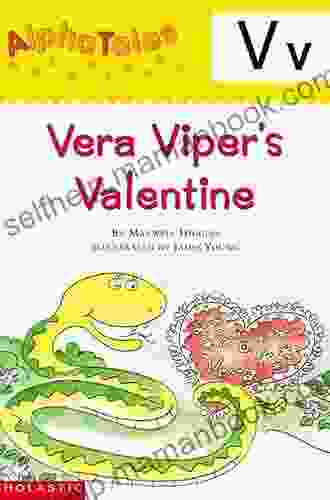
 Dale MitchellAlphatales Vera Viper Valentine: A Journey into the Enchanting World of Alpha...
Dale MitchellAlphatales Vera Viper Valentine: A Journey into the Enchanting World of Alpha... Miguel NelsonFollow ·3.3k
Miguel NelsonFollow ·3.3k Jake CarterFollow ·7.8k
Jake CarterFollow ·7.8k Gordon CoxFollow ·17.6k
Gordon CoxFollow ·17.6k Grayson BellFollow ·18.7k
Grayson BellFollow ·18.7k Wayne CarterFollow ·10.6k
Wayne CarterFollow ·10.6k Heath PowellFollow ·5.6k
Heath PowellFollow ·5.6k Jayden CoxFollow ·16.5k
Jayden CoxFollow ·16.5k Neil ParkerFollow ·14.2k
Neil ParkerFollow ·14.2k
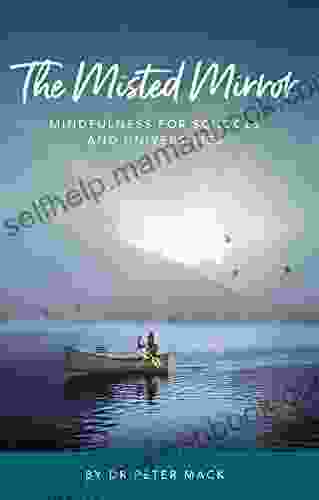
 Boris Pasternak
Boris PasternakThe Misted Mirror: Mindfulness for Schools and...
What is The Misted...
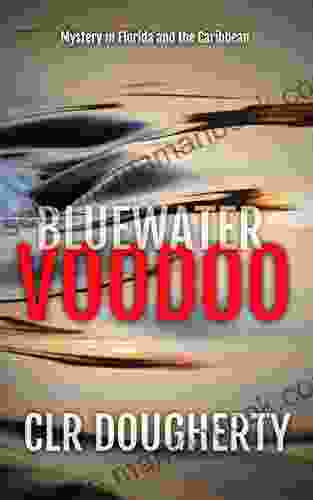
 Holden Bell
Holden BellEmbark on Thrilling Adventures in the Uncharted Depths of...
Unveiling the Enchanting...
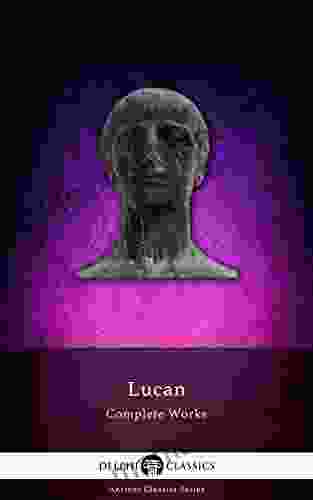
 Seth Hayes
Seth HayesDelphi Complete Works of Lucan: Illustrated Delphi...
This meticulously edited...
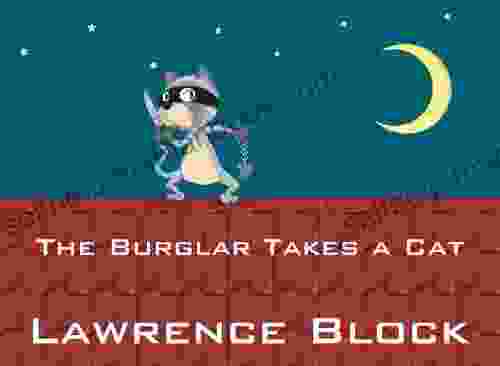
 Jackson Hayes
Jackson HayesThe Enigmatic Cat Burglar: Unraveling the Intriguing...
In the annals of crime, the name Bernie...
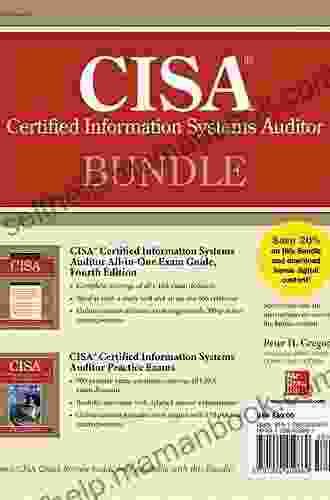
 Quentin Powell
Quentin PowellAligned With The Cisa Review Manual 2024 To Help You...
The CISA Review Manual 2024 is the most...
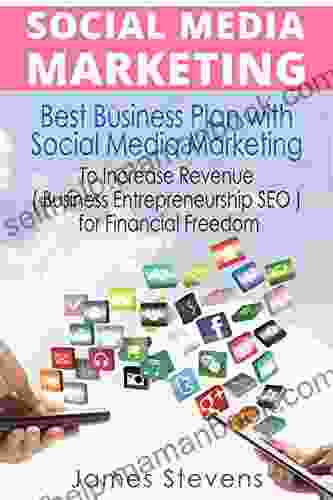
 Austin Ford
Austin FordUnlocking Revenue Potential: A Comprehensive Business...
In today's digital...
5 out of 5
| Language | : | English |
| File size | : | 1157 KB |
| Text-to-Speech | : | Enabled |
| Enhanced typesetting | : | Enabled |
| Screen Reader | : | Supported |
| Print length | : | 166 pages |


